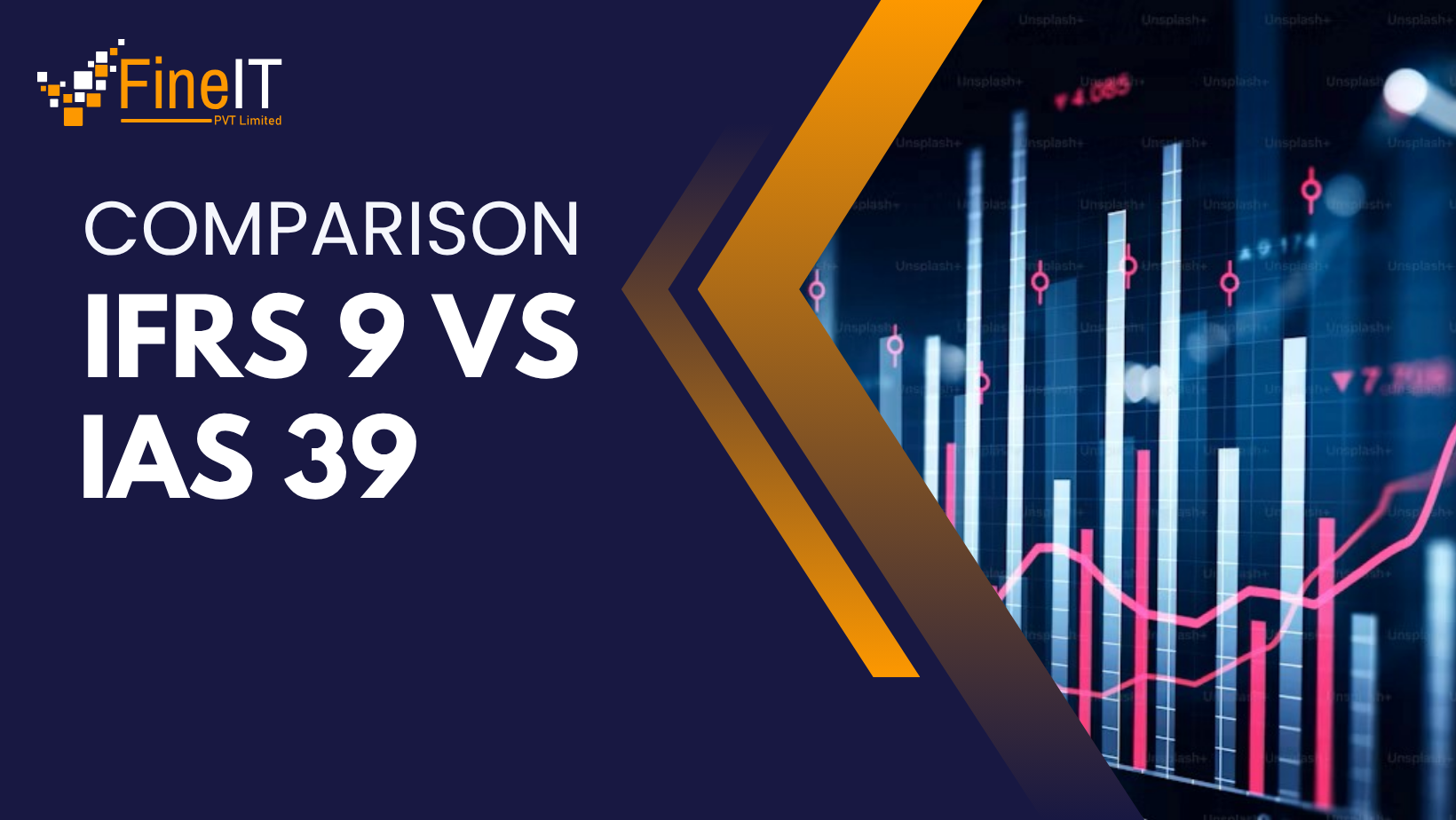IFRS 9 and IAS 39 are both accounting rules. These rules help companies keep track of money they lend, borrow, or invest. But there are big differences between them.
Old vs. New
- IAS 39 is the old rule.
IFRS 9 is the new rule that replaces IAS 39.
IFRS 9 was made to fix the problems in IAS 39.
1. How Money Items Are Grouped (Classification)
IAS 39
- Had too many groups.
It was hard to decide where to put things.
IFRS 9 - Has only 3 groups.
It is easier to use.
2. When to Show Losses (Impairment)
IAS 39
- Showed a loss only when it already happened.
This was called the incurred loss model.
Bad news came too late.
IFRS 9 - Shows losses early, even before they happen.
This is called the expected credit loss model (ECL).
It helps companies be better prepared.
3. Hedge Accounting (Protecting Against Risk)
IAS 39
- Had very strict rules.
Many companies could not use hedge accounting.
IFRS 9 - Has simpler, more flexible rules.
More companies can show how they manage risks.
Why the Change?
In 2008, the world had a big financial crisis. People said IAS 39 hid losses too long. IFRS 9 was made to show risks earlier, help banks, and protect investors.
Summary Table
| Area | IAS 39 | IFRS 9 |
| Classification | Many types, complex | 3 types, simple |
| Impairment | Loss shown after it happens | Loss shown early (ECL) |
| Hedge Accounting | Hard to use | Easier to use |
Final Words
IFRS 9 is better than IAS 39 because it:
✔️ Is simpler
✔️ Shows risks earlier
✔️ Helps companies tell the truth about their money
This is why IFRS 9 Software Solution replaced IAS 39 in most countries.
Comparison: IFRS 9 vs IAS 39
